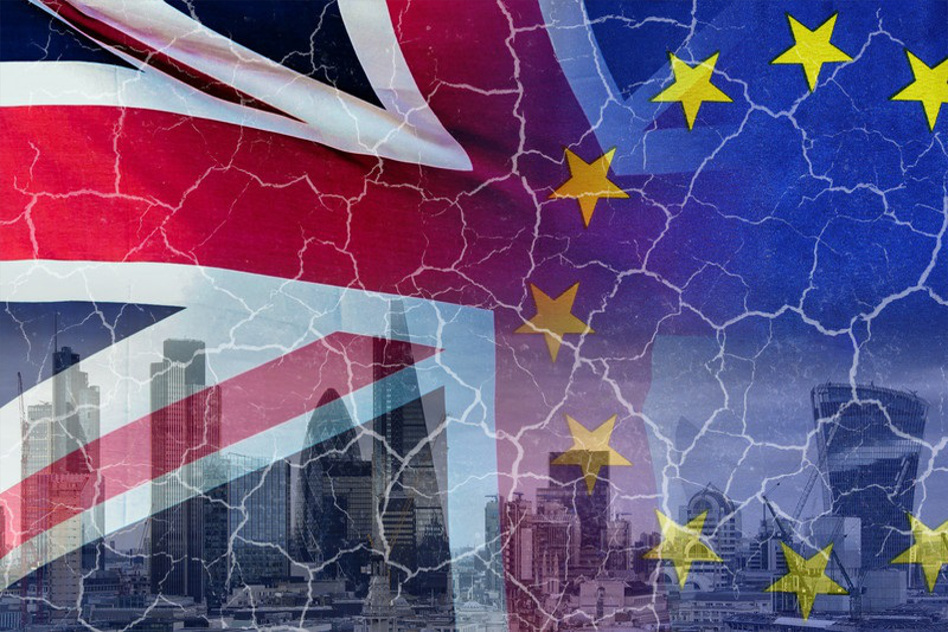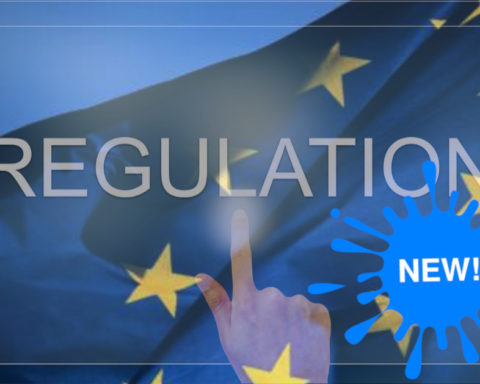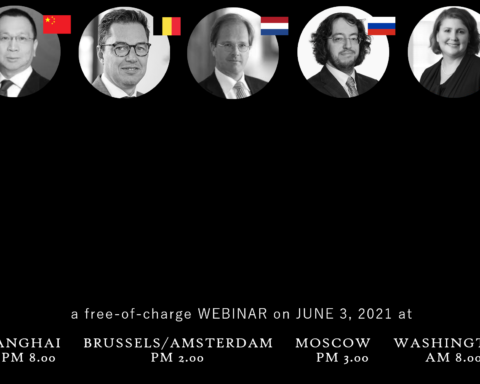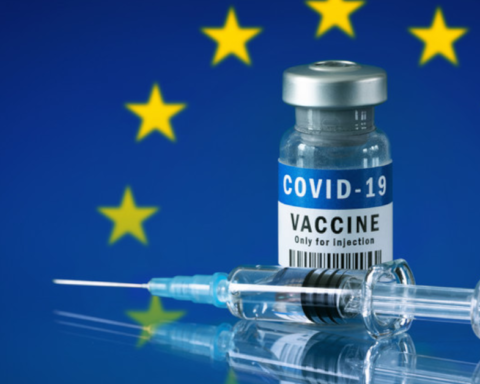In the wake of the gruesome events in Syria authorities at the national and international level are stepping up action against chemical weapons proliferation. It would be a mistake to assume that the implications of this development are limited to either the Syrian theatre or chemical weapons as such.
By Gerard Kreijen, 24 October 2018
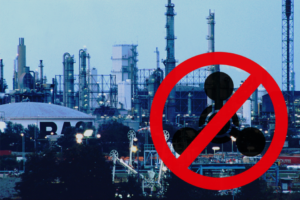 On 15 October 2018 the European Council adopted a new regime of restrictive measures to address the use and proliferation of chemical weapons. As stated in the Council’s press release, “the EU will now be able to impose sanctions on persons and entities involved in the development and use of chemical weapons anywhere, regardless of their nationality and location”. The restrictive measures do not only target persons and entities directly responsible for the development and use of chemical weapons, but also those who provide financial, technical or material support, and those who assist, encourage or are associated with them.
On 15 October 2018 the European Council adopted a new regime of restrictive measures to address the use and proliferation of chemical weapons. As stated in the Council’s press release, “the EU will now be able to impose sanctions on persons and entities involved in the development and use of chemical weapons anywhere, regardless of their nationality and location”. The restrictive measures do not only target persons and entities directly responsible for the development and use of chemical weapons, but also those who provide financial, technical or material support, and those who assist, encourage or are associated with them.
For the moment, the new regime will not introduce new types of sanctions. As is more or less common practice, the restrictive measures will consist of a travel ban to the EU, asset freezes for listed persons and entities, and a prohibition for EU persons to make funds available to such persons and entities.
The decision to adopt the new regime of restrictive measures is a direct follow-up to the conclusions of the European Council of 28 June 2018 and has been galvanized by the gas attacks on civilians in the Syrian conflict and the Skripal and Kim Jong Nam poisonings. It is noteworthy, that the conclusions of the European Council (made in the context of security and defence) refer to the Europe’s resilience not only to chemical, but also to biological, radiological, and nuclear-related threats. The new EU regime also seems intended to create a basis for the EU for moving quicker and more independently (from other actors such as the UN) in combating the use and proliferation of chemical weapons.
The EU decision comes amid incidents in the Netherlands and Belgium concerning the prohibited delivery of precursors for chemical weapons to Syria. In a letter of 11 October 2018, the Dutch Minister of Foreign Trade and Development Cooperation addressed questions from Dutch Parliament regarding an ongoing criminal investigation into shipments of acetone – a substance that can be used for manufacturing nerve gas – by a Dutch company to Syria. One of these shipments left the EU via the Belgian harbor of Antwerp. Notification of the Belgian authorities by the Dutch authorities led to the discovery that a Belgian company had made similar shipments. This has meanwhile resulted in criminal court proceedings in Belgium against the Belgian company.
It is interesting to note that the Dutch company allegedly continued the trade in acetone with Syria during the course of the investigations, this time, indirectly, through Russia. If so, this is not only a strong indication of bad faith, but also that the shipments are part of procurement activities directed from Syria, possibly involving Syrian nationals and/or agents. Although the letter of 11 October states that Dutch Customs were conducting a routine inspection when the acetone shipments came to light it is not inconceivable that they actually were acting on information supplied by the intelligence community.
These developments are a clear show of increased legislative and enforcement action in the EU with regard to combating the use and proliferation of chemical weapons. They should serve as a reminder for all traders and manufacturers, not only of chemicals, but also of other substances and materials that could be used for the development and proliferation of weapons of mass destruction, that it is absolutely necessary to ensure full compliance with applicable sanction regulations.
- EU to Amend Union General Export Authorization in the Event of a No Deal Brexit - January 29, 2019
- Adoption of New EU Legislation and Recent National Cases in the Fight Against Chemical Weapons - October 24, 2018
- Shipping Criminal Liability: the Difficult Position of the Transportation & Logistics Sector - January 4, 2018

